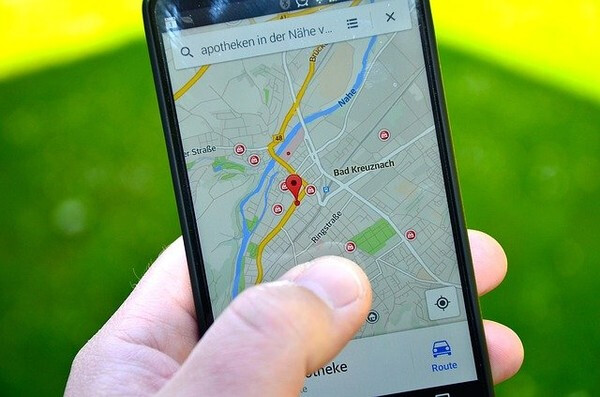
SEOUL—A recent report has highlighted a significant disparity in emergency location services between Apple’s iPhone and Android smartphones in South Korea, raising concerns about the speed of response during critical incidents. According to data submitted by the Korea Communications Commission (KCC) to National Assembly member Kim Jang-gyeom, an iPhone takes an average of 20 seconds to transmit a user's location to emergency services, a response time nearly ten times slower than that of domestic Android phones.
Time is Critical: The 18-Second Difference
The difference in speed is stark: pre-testing results for emergency location quality this year showed the average response time for Android phones across the nation's three major mobile carriers was remarkably fast: 1.3 seconds for cell tower triangulation, 1.7 seconds for GPS, and 2.4 seconds for Wi-Fi. The iPhone's average of 20 seconds is a considerable delay when every moment counts in a life-threatening situation.
The report indicates that Apple's proprietary location system, known as Hybridized Emergency Location (HELO), is the root cause of the delay. Unlike domestic smartphones that provide individual location signals from GPS, cell towers, and Wi-Fi separately, the iPhone's system shares location information only after combining and analyzing these various signals to deliver a more precise fix. Apple reportedly maintains that this 20-second window is necessary to analyze the diverse information and calculate a highly accurate location.
Policy Gaps: Real-Time and Third-Party Requests
In addition to the delayed response time, the iPhone's emergency location policy presents two major operational limitations for South Korean police and fire departments:
Limited Duration of Real-Time Tracking: Apple only provides a user's location to third-party rescue authorities, such as the police or fire services, for a restricted period of five minutes after an emergency call is terminated, and it does not allow for real-time tracking of a moving person. This is a critical barrier, as emergency services cannot continuously track a victim who is moving or in transit, reducing the effectiveness of the initial response.
Refusal of Third-Party Requests: Apple strictly maintains a policy against providing location information upon a third-party emergency request (when the user is unable to request aid themselves). The company cites global policy, personal data protection, and device security concerns as reasons for this stance. This becomes a severe issue in scenarios where a user is unconscious, injured, or otherwise incapacitated.
Calls for Legislative Action
The implications of these delays are serious, potentially resulting in tragic outcomes. The report referenced a recent murder case in Seoul where police responded to the initial emergency call in three minutes, but the lack of precise location information led to an agonizing 20-minute search before they could reach the exact scene, ultimately costing lives.
Representative Kim Jang-gyeom emphasized the urgent need for systemic improvements to safeguard public safety. "To protect the lives and property of the people, institutional measures must be put in place to ensure that location information is provided to emergency services quickly and accurately," Kim stated. He called on authorities to pressure Apple to extend the duration of location sharing in emergencies and to allow for third-party requests in situations where the user cannot communicate, such as in cases of unconsciousness or severe injury.
As smartphones become indispensable tools in modern life, the gap in emergency response capability between the two major mobile operating systems highlights an urgent public safety concern that authorities and technology companies must address collaboratively. The debate now focuses on balancing a company's global privacy policies with the critical, life-saving needs of local emergency response.
[Copyright (c) Global Economic Times. All Rights Reserved.]




























